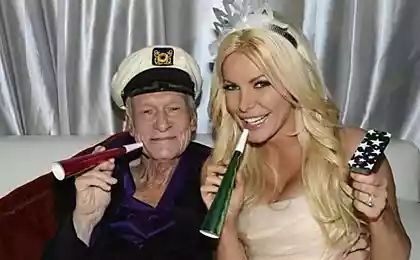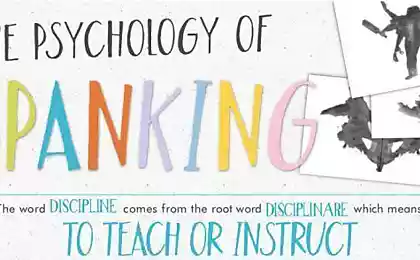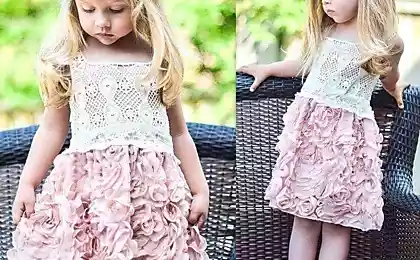548
We are still at an age where we nedolyubili

I often meet with people who are 20, 30, 40 years old, but it is externally. And in there they seemed to remain in early childhood and are still waiting for love, which then received less. And stay there as long as their own do not learn to find satisfaction in itself.
We are still at an age where we nedolyubili.
In every age its needs, which means that the care and love of parents every year have their own characteristics.
The infant begins to form the trust , so the love for a child is sensitive about his mother's care needs. If at this age the mother was unreliable, and so rejected child. E., It can generate suspicion and fear for their well-being.
In adult life with these people hard to make contact, relations are often subjected to partner testing and checking on trust. In a relationship may feel helpless and vulnerable.
Later, 2-3 years, the child learns to be autonomous and develops self-control
Even as adults, these people instead of to be sure, think that they are treated more carefully and with suspicion and disapproval. Also they can appear obsessive-compulsive symptoms or paranoid fear of persecution.
Love for a child aged 3-6 years is to encourage independent action , in support of the initiative, in recognition of the right to intellectual curiosity and creativity. If the parents during this period do not allow your child to act independently, overly punished in response to their needs, develop a sense of guilt.
And then in adulthood such a "big" children lack motivation and determination to set realistic goals and achieve them. In addition, a constant feeling of guilt may cause passivity, impotence or frigidity, and psychopathic behavior.
At school age children formed diligence
If children perceive school achievement and work as the only criterion by which judged on their merits, as an adult, they can become a "labor" in the fixed public role hierarchy.
I propose to extend a helping hand to his inner child and help him grow. To do this, find your child photo or just imagine a child who lives in you. How old is he? What does he look like? What are you thinking? Who next? What worries him?
Talk to him.
Take a sheet of paper and two pencils of different colors: one in the right arm, the other - to the left. If you are right handed, the right hand writing on behalf of myself, adult, and left - on behalf of your inner child. If you are left-handed, on the contrary.
In the dialogue just you and your inner child. How many of you will go to the first contact? How do you start your communication? The responses received to your question may be surprising to you.
Now that you have found a child and entered into conversation with him, the time has come to establish the relationships with him. Communicate with the child inside as much as he wants. Ask what it lacks. Give him what he asks. Call him by name, tell the warm, kind words to express my love. Advise him something.
Be it so parents, what you need then.
Author - psychologist Irina Parfenov
Photos on the preview Evgeny Azaronak
via www.photodom.com/photo/2377813























